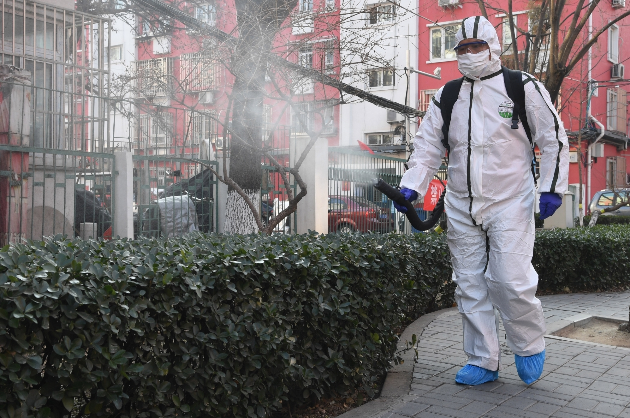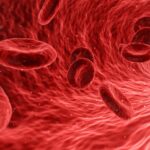Beijing: South China Morning Post reports in a recent study that People with blood group 'A' may be more prone to the new coronavirus (COVID-19) infection while those with blood type 'O' has a lower risk of contracting the deadly virus, a first-of-its-kind study claimed on Tuesday.
The preliminary study looked at the blood group of patients in China who contracted the disease.
Researchers led by Wang Xinghuan with the Centre for Evidence-Based and Translational Medicine at Zhongnan Hospital of Wuhan University looked at blood group patterns of more than 2,000 infected patients in Wuhan and Shenzhen.
They found that blood type A patients showed a higher rate of infection and developed more severe symptoms.
Of 206 patients, 85 had type A blood — 63 per cent more than 52 with type O.
"People of blood group A might need particularly strengthened personal protection to reduce the chance of infection," the authors wrote, adding that Sars-CoV-2-infected patients with blood group A might need to receive more vigilant surveillance and aggressive treatment.
"Blood group O had a significantly lower risk for the infectious disease compared with non-O blood groups", said the study that is yet to be peer reviewed.
According to a study in the US National Center for Biotechnology Information (NCBI), 'O' is the most common blood group (37.12 per cent) in India, closely followed by B at 32.26 per cent, followed by A at 22.88 per cent while AB was the least prevalent group at 7.74 per cent.
In the US, about 44 per cent of the population is type O, while about 41 per cent is type A.
Wang wrote: "It might be helpful to introduce ABO blood typing in both patients and medical personnel as a routine part of the management of Sars-CoV-2 and other coronavirus infections, to help define the management options and assess risk exposure levels of people".
While more cases of the respiratory illness have been recorded globally, it is on the decline in China, demonstrating that the course of the outbreak there has been altered, according to WHO Representative in the country Dr Gauden Galea.


































